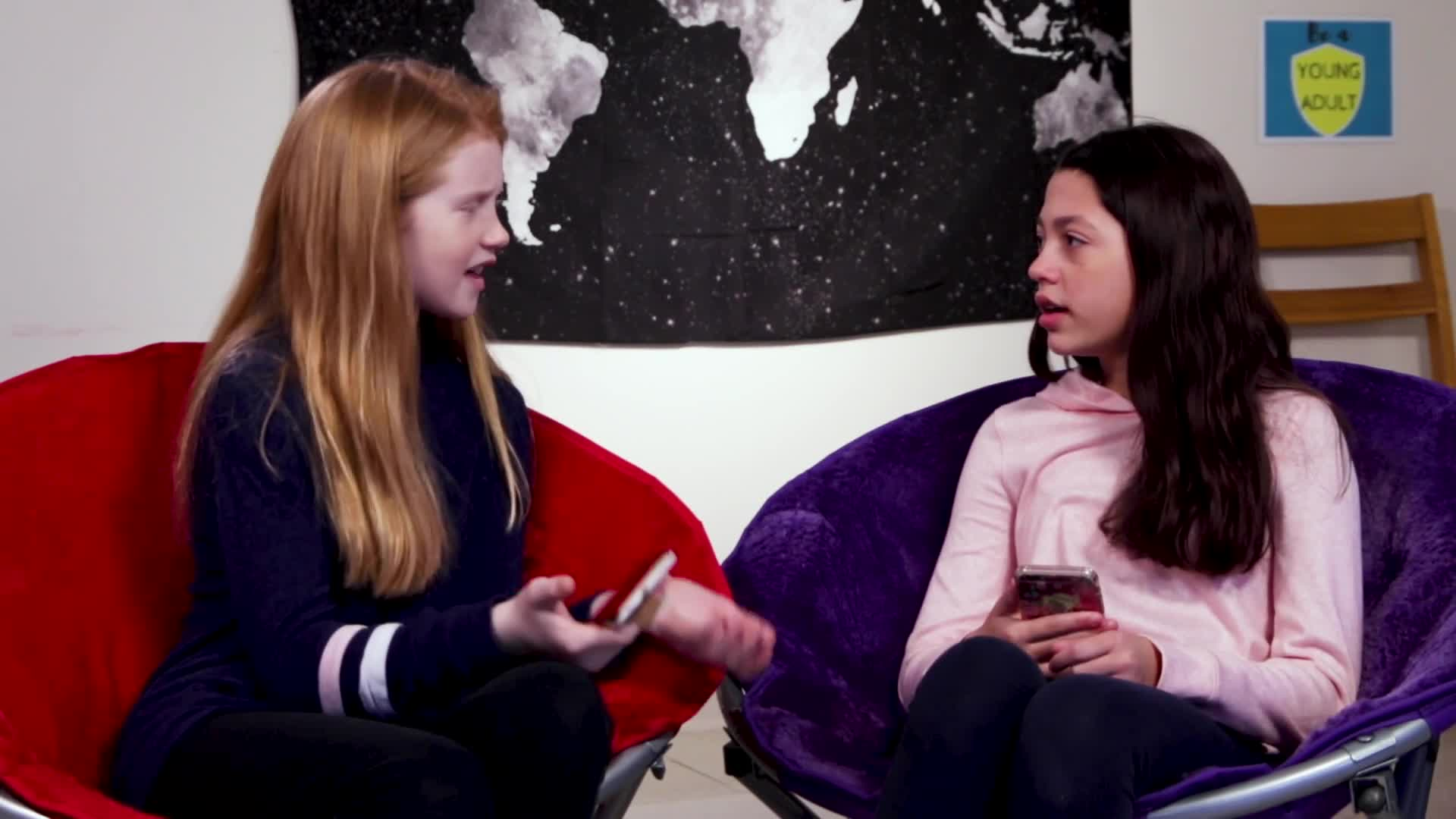
Introduction
As educators, it’s crucial to teach our students the importance of staying safe while using technology and social media. In the digital age, Cyber Skills are essential tools that help protect our students from potential dangers online. This blog post focuses on teaching Cyber Skills to Special Education students, providing an easy-to-implement activity, discussion questions, and related skills to ensure a comprehensive approach to online safety.
No-Prep Activity: The Cyber Skills Checklist
This no-prep activity requires no additional materials and can be easily integrated into your classroom routine. The Cyber Skills Checklist helps students understand and practice essential online safety habits.
- Ask students to think about their online activities, such as using social media and playing online games.
- Present the following Cyber Skills as a checklist for students to follow:
- Only communicate with people you know.
- Don’t accept friend requests or follows from strangers.
- Keep your social media profiles private.
- Don’t tag your location in posts.
- Never make plans to meet someone you’ve only talked to online.
- Be honest with your parents about your online activities.
- Encourage students to discuss their experiences and thoughts on each point in the checklist, providing guidance as needed.
- Ask students to commit to practicing these Cyber Skills in their daily online activities.
Discussion Questions
- Why is it important to only communicate with people we know online?
- How can keeping your social media profiles private help protect your safety?
- What are the potential dangers of tagging your location in posts?
- Why should we be honest with our parents about our online activities?
- Can you think of other ways to stay safe online?
Related Skills
Teaching Cyber Skills to Special Education students is a crucial part of their overall development. Here are some related skills that can help reinforce their understanding of online safety:
- Digital Citizenship: Understanding the rights and responsibilities of being a responsible online user.
- Communication Skills: Effectively expressing oneself and understanding others in both online and offline settings.
- Problem Solving: Identifying potential online risks and finding solutions to ensure safety.
- Self-Regulation: Managing emotions, thoughts, and behaviors while using technology and social media.
Next Steps
Now that you’re equipped with strategies to teach Cyber Skills to your Special Education students, it’s essential to continue exploring resources that can further support their development. We encourage you to sign up for free samples of skill-building materials to help your students thrive in the digital world and beyond.

